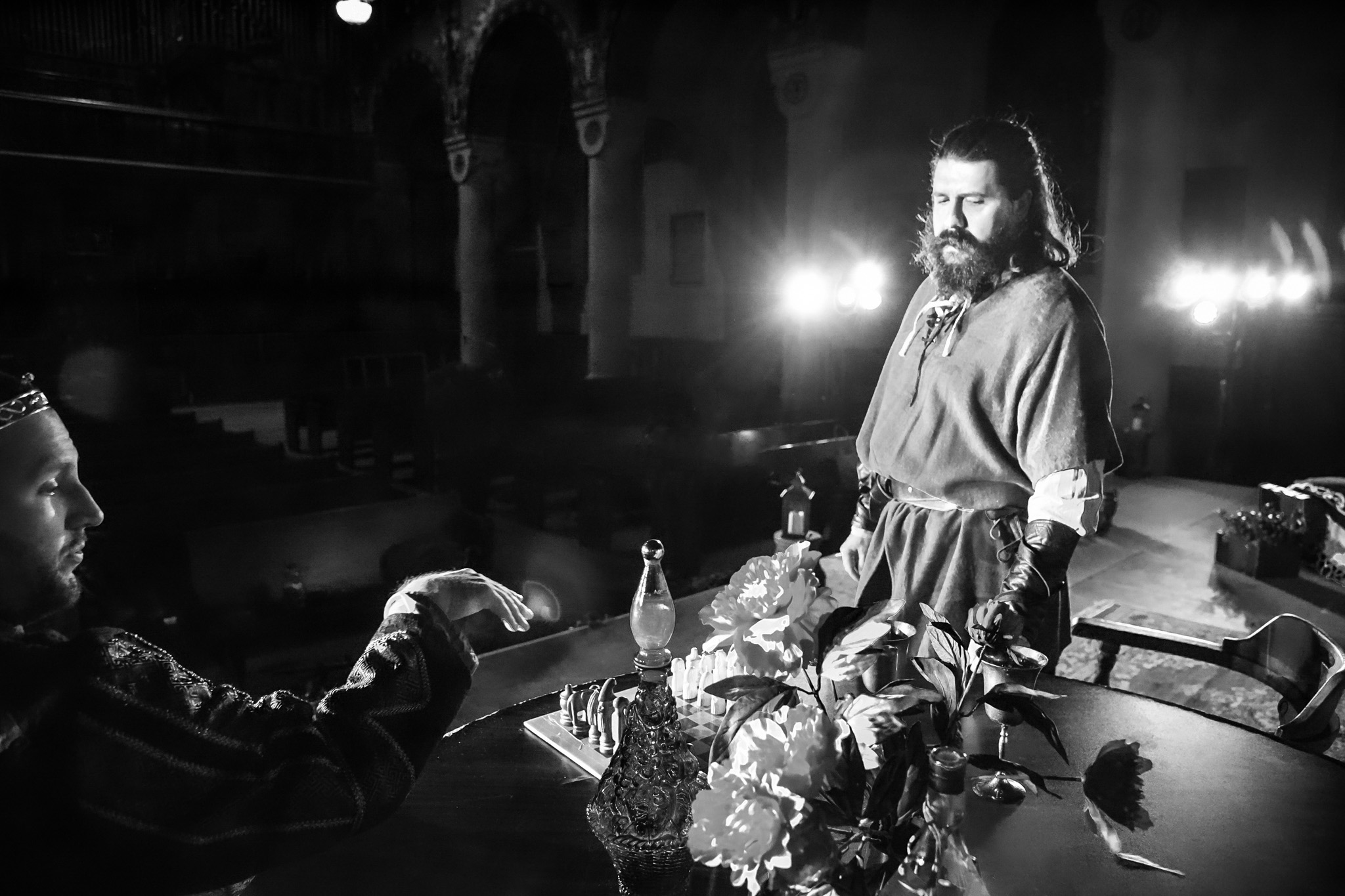About Us
Our story of saving four historical church buildings in Johnstown’s Cambria City neighborhood begins in the small Somerset County community of Jennerstown, where 1901 Church, Incorporated was founded in 2001 to save a small church there.
A decade later, this tax-exempt organization was relocated and used to purchase three former Roman Catholic church buildings in Cambria City. One building was sold in 2015 (St. Casimir Church) and the former rectory for St. Columba Church was added in 2020.
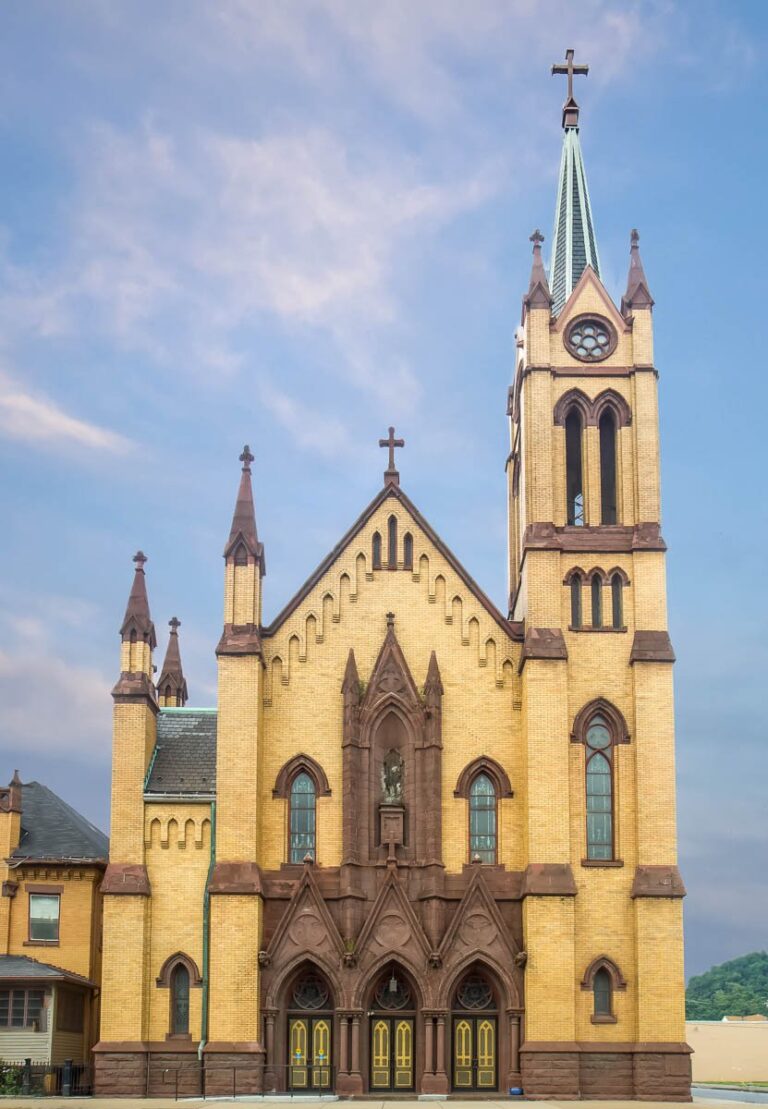
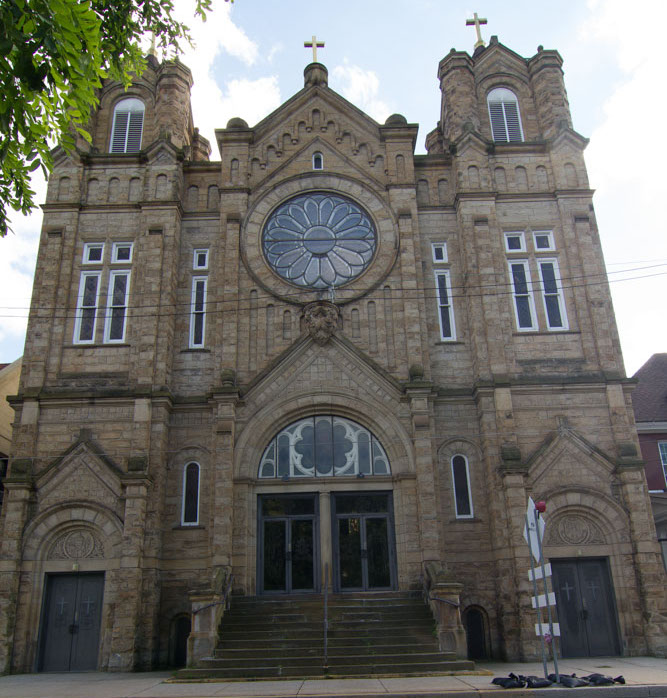
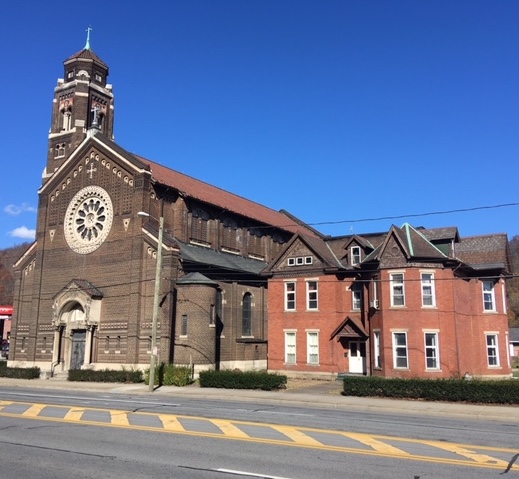
Today, we offer two venues hosting arts and cultural events for the Greater Johnstown area:
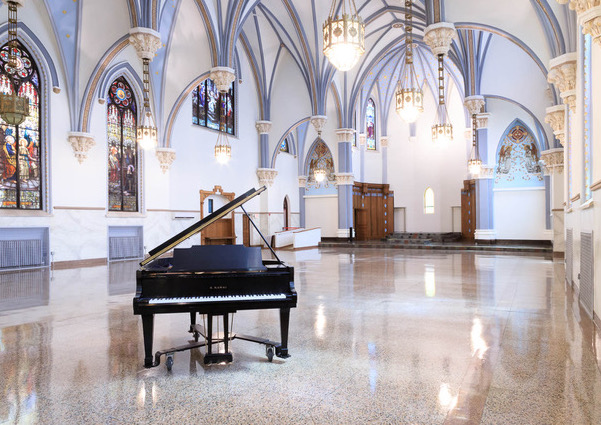
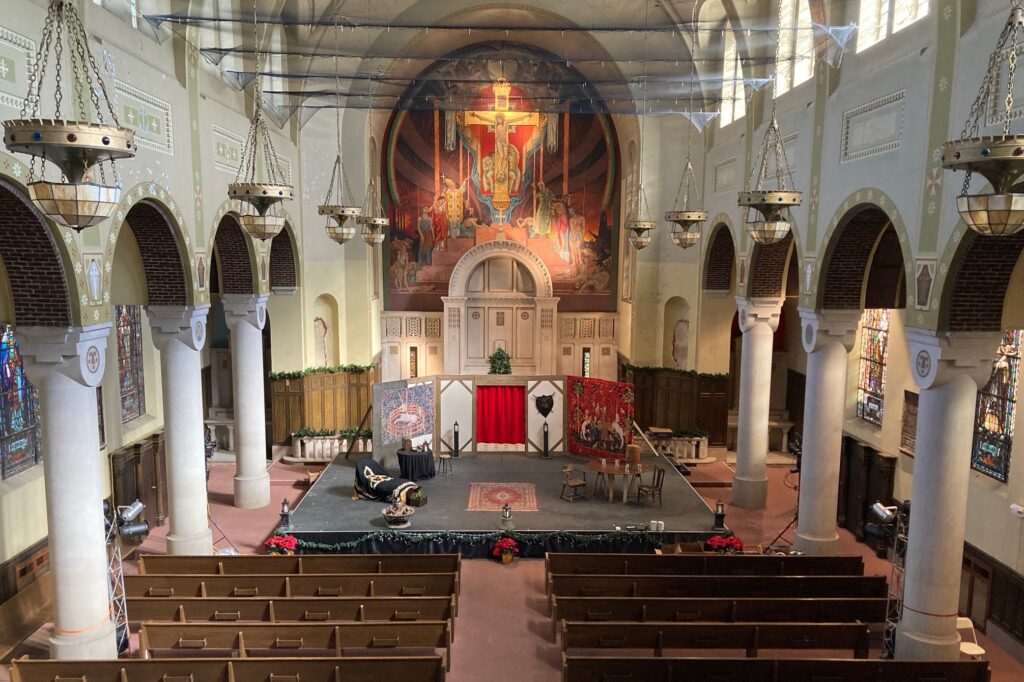
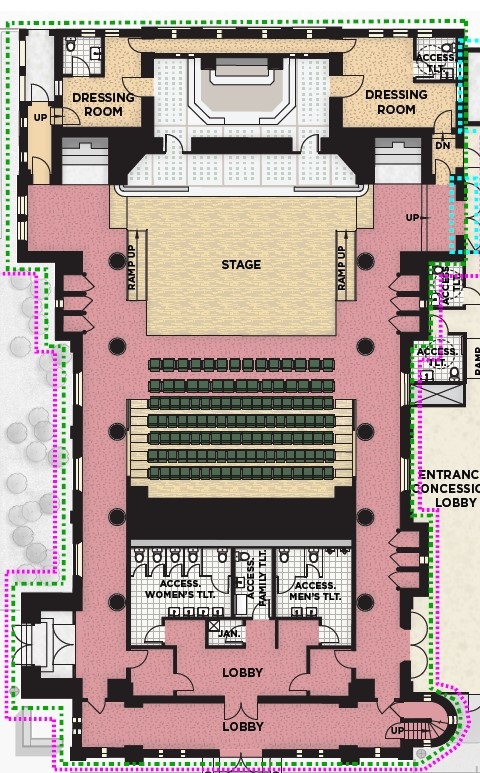
Meanwhile, development continues on an adaptive-reuse project that will turn Columba into a professional venue for live theatre.
Columba’s former rectory at 916 Broad now houses corporate offices, ancillary spaces for theatre usage and accommodations for short artist residencies and overnight stays.
Organizational Timeline
2001
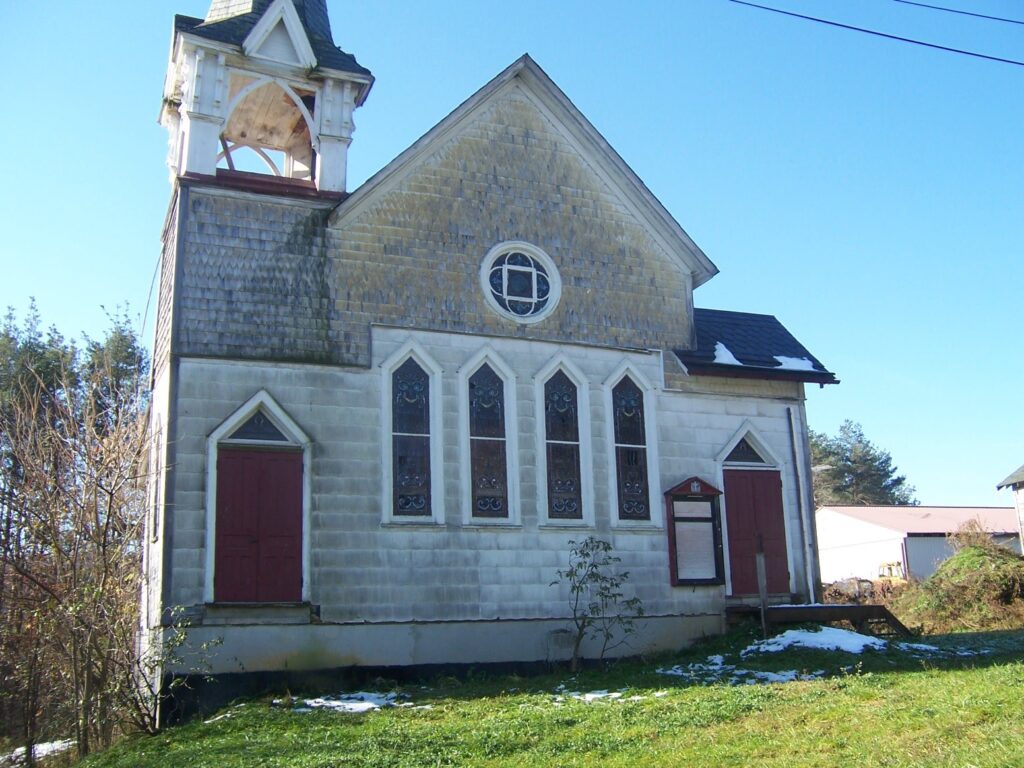
1901 Church, Inc. is founded and relocates a threatened church building in Jennerstown to another site.
2011-2012
1901 Church reorganizes with a new board of directors and purchases three church buildings in Johnstown from the Diocese of Altoona-Johnstown for $30,000. The Steeples Project is launched.
2013-2015
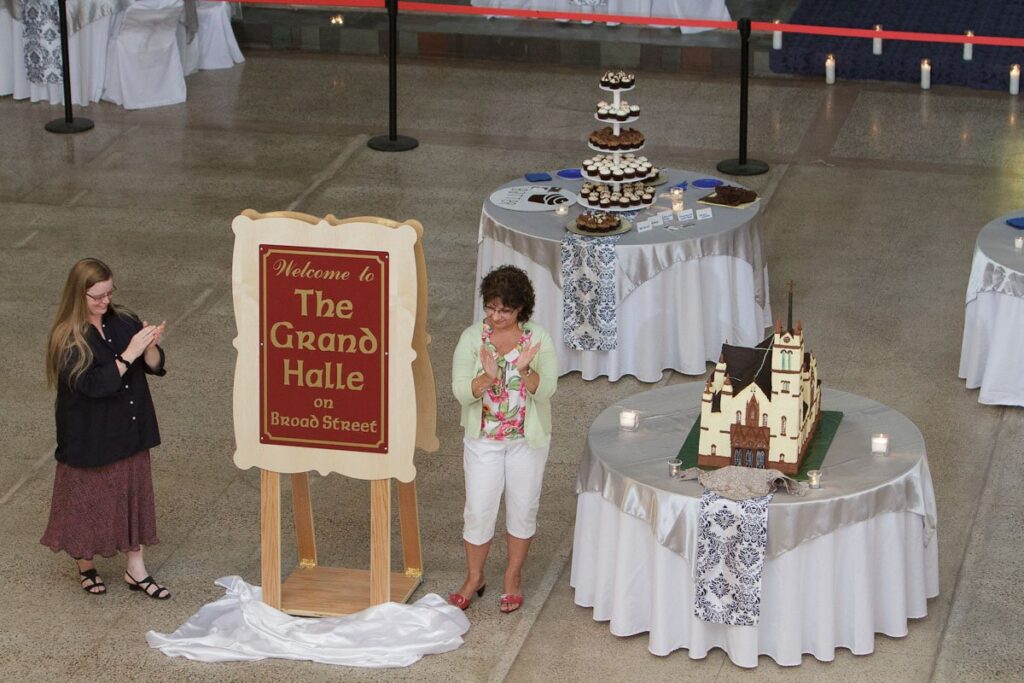
Immaculate Conception is rebranded “The Grand Halle on Broad Street,” receives upgrades to electrical service, fire-security systems, and restrooms; adds a catering room and air conditioning; and begins hosting weddings and receptions.
2015
Following a structural study, the former SS. Casimir and Emerich is sold to Stella, LLC., which provides a protective easement. Stella develops the Casimir Cultural Center.
2016-2017
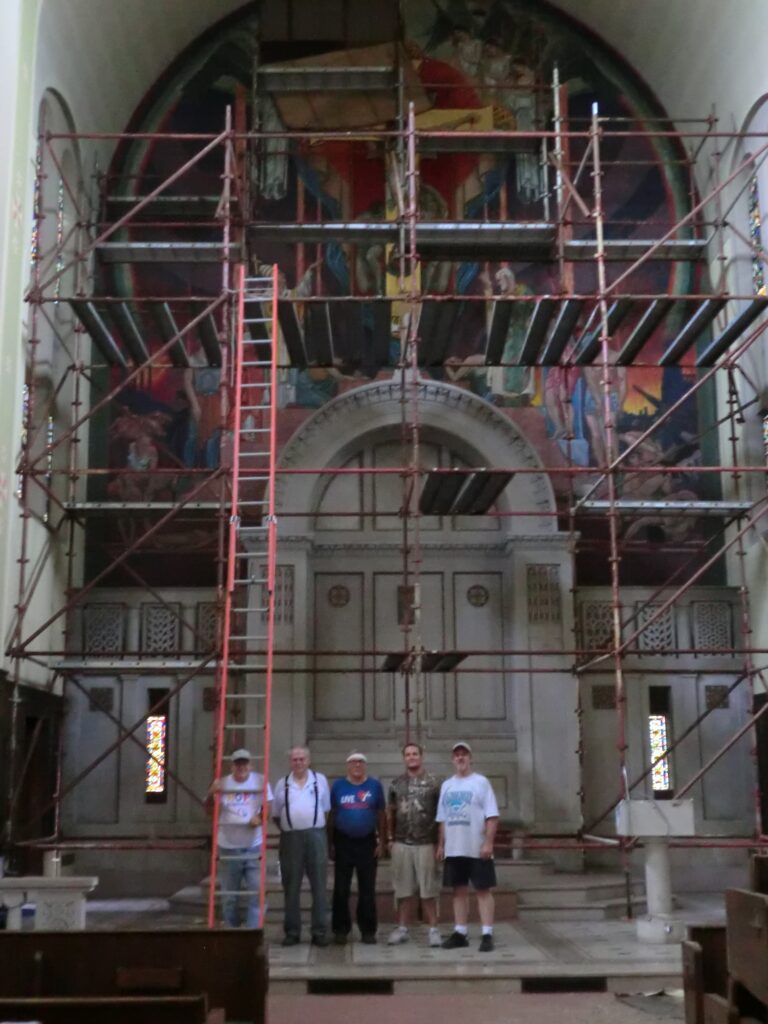
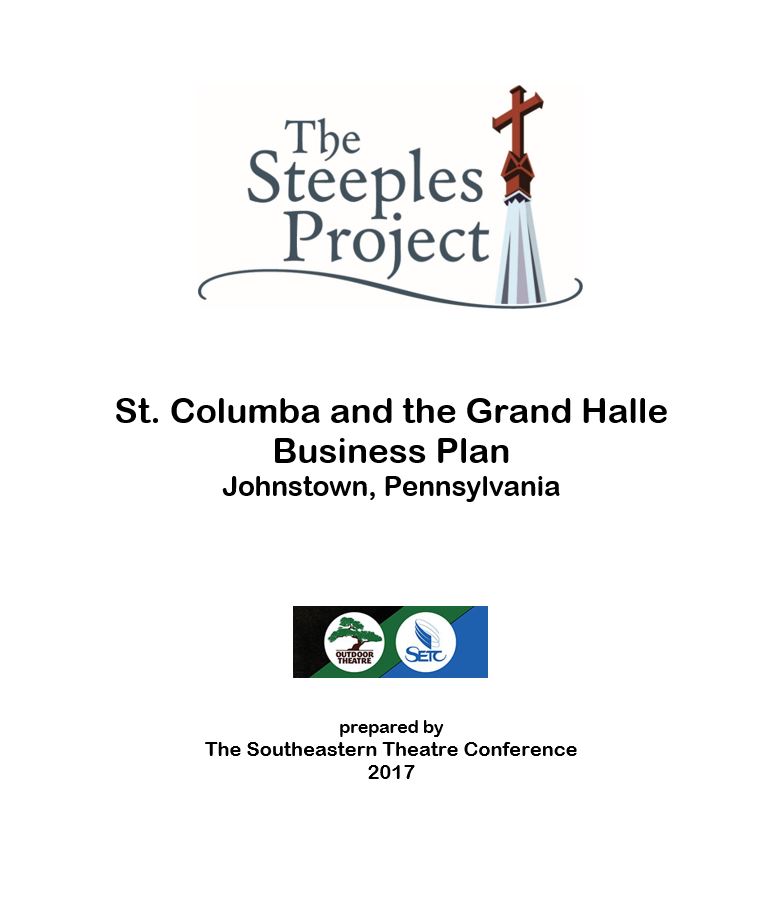
A side roof is replaced at Columba and a massive oil painting, mounted on the interior apse wall of Columba, is stabilized.
A feasibility study, business plan and funding strategies are developed.
2016-2018
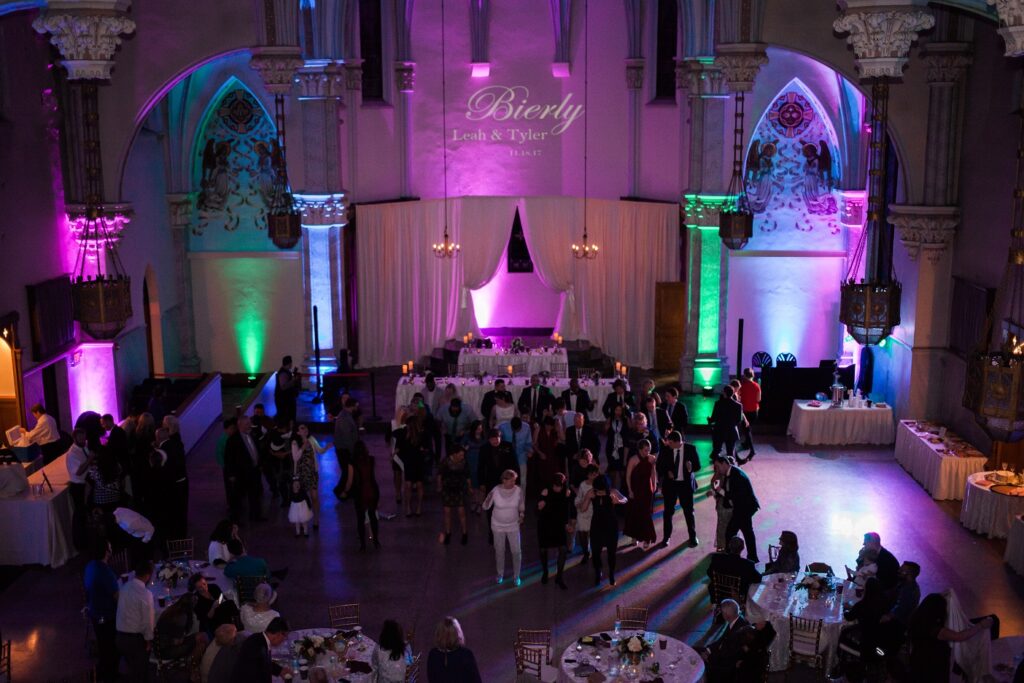
Tables and chairs to accommodate 250 guests are added, and an effective sound-reinforcement system is secured, turning the Grand Halle into a fully functional event and reception venue. Performing-arts programming scheduled on a near-monthly basis.
2019
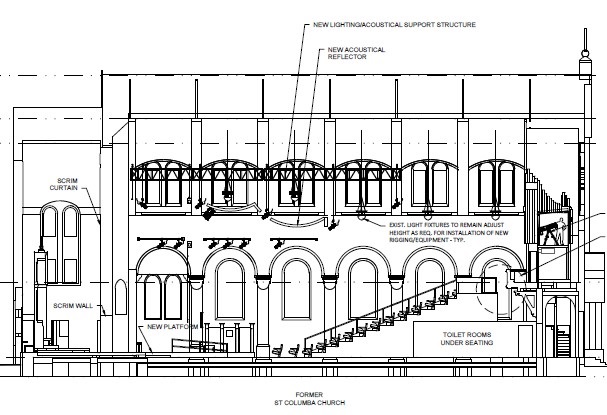
Destructive vegetative growth is removed from the top of the Columba bell tower and schematic design is performed on the Columba Theatre Project.
2019-2020
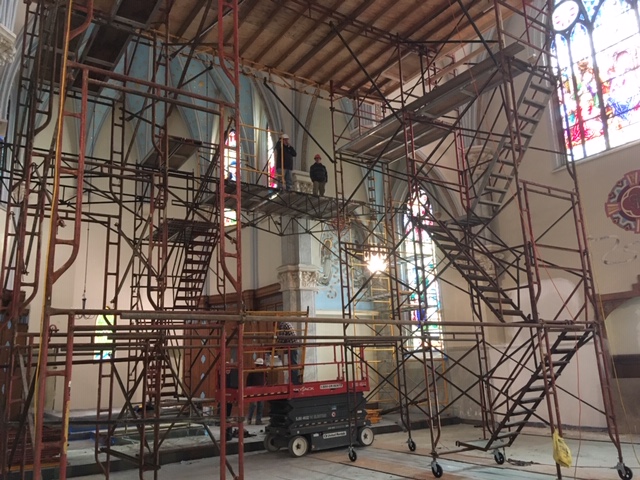
A $525,000 renewal project repairs the main roof and restores the interior of The Grand Halle.
2020-2021
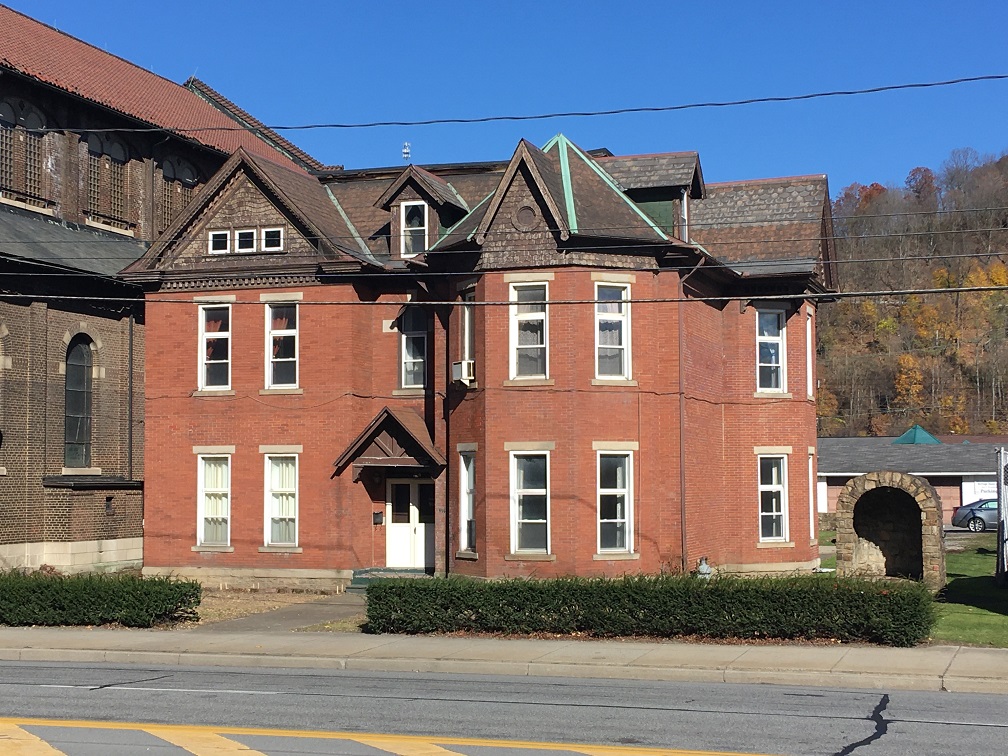
Ownership is acquired of the former rectory for St. Columba and the building is immediately added to the design concept for the Columba Theatre Project.
Utilities are restored at Columba and protective netting is installed to protect the public from deteriorating ceiling materials. Design development begins on the Project.
2022
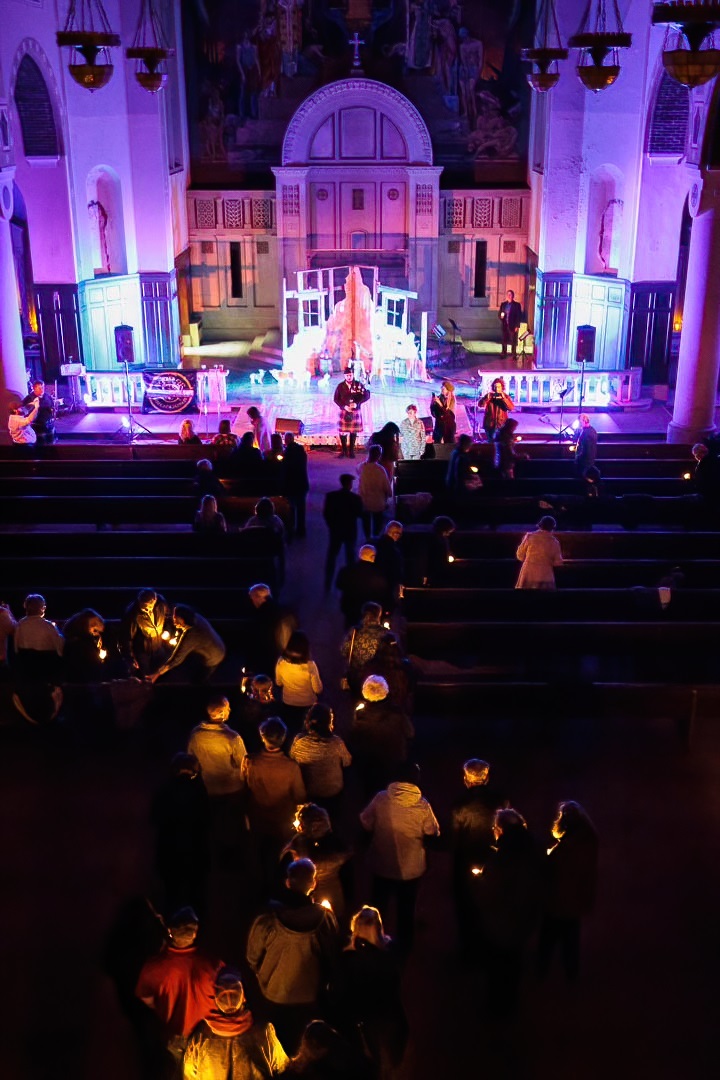
A new roof is installed over the boiler room at The Columba Theatre Project.
A “Waking Columba” weekend commemorates the building’s new life.

